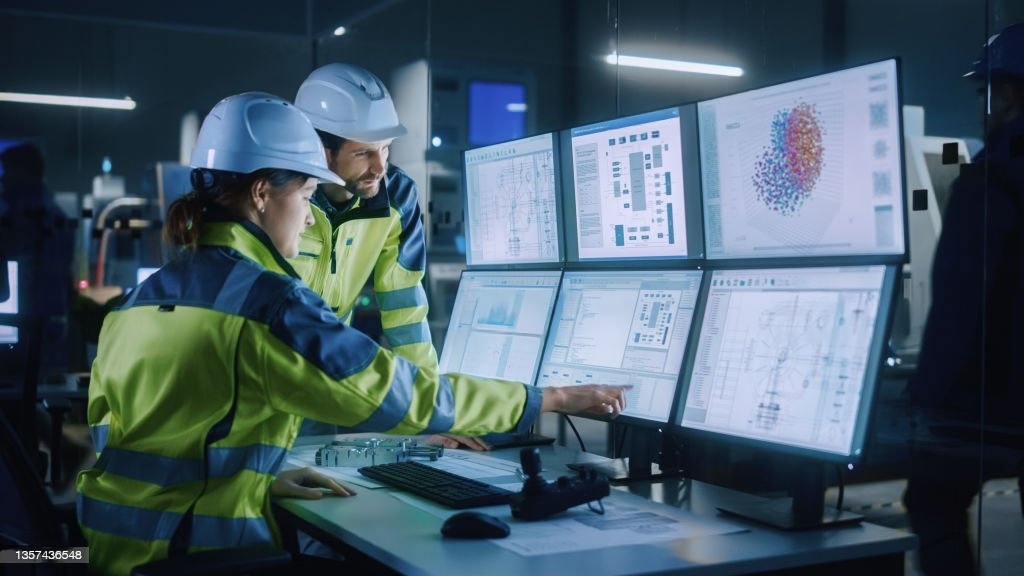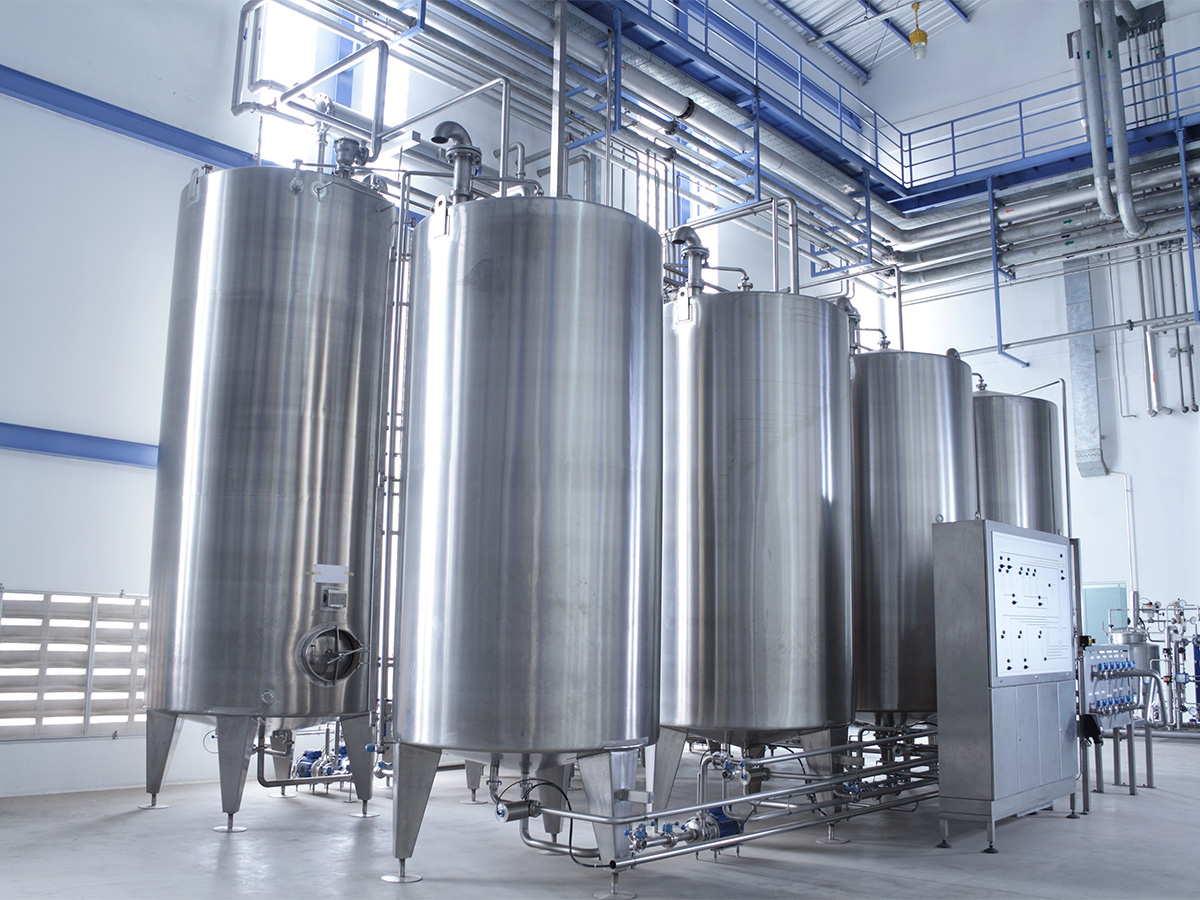As we move towards Industry 4.0, the integration of artificial intelligence (AI) in industrial production has become increasingly important. AI has revolutionized the manufacturing industry by enabling automation, machine learning, and smart manufacturing. In this article, I will be discussing the benefits of using AI in industrial production, successful implementation, challenges and risks, the future of AI in industrial production, and the role of AI in industrial production.
Understanding Artificial Intelligence and Industrial Production
AI is the simulation of human intelligence in machines that are programmed to think and learn like humans. It involves the use of algorithms and statistical models to analyze data, recognize patterns, and make decisions. Industrial production, on the other hand, refers to the manufacturing of goods using technological and mechanical processes. It involves the use of machines, robotics, and automation to produce products efficiently and effectively.
The integration of AI in industrial production has led to smart manufacturing, which involves the use of data analysis, predictive maintenance, and quality control. Smart manufacturing has enabled manufacturers to optimize their production processes, reduce costs, and improve their products’ quality. By analyzing data from sensors and machines, AI can identify patterns and anomalies, predict maintenance needs, and optimize production schedules.
The Benefits of Using Artificial Intelligence in Industrial Production
The benefits of using AI in industrial production are numerous. Firstly, AI enables automation, which reduces the need for human labor and increases productivity. By automating repetitive and mundane tasks, manufacturers can focus on more complex and creative tasks, improving their products’ quality. Automation also reduces the risk of errors and accidents, making industrial production safer.
Secondly, AI enables predictive maintenance. By analyzing data from sensors and machines, AI can predict when maintenance is needed, reducing downtime and repair costs. Predictive maintenance also improves the lifespan of machines, reducing the need for replacements and saving costs.
Thirdly, AI enables quality control. By analyzing data from sensors and machines, AI can identify defects and anomalies, improving the quality of products. Quality control ensures that products meet the required standards, reducing the risk of recalls and improving customer satisfaction.
Successful Implementation of Artificial Intelligence in Industrial Production
Successful implementation of AI in industrial production requires careful planning and execution. Firstly, manufacturers need to identify areas where AI can be integrated to improve production processes. This involves analyzing data from sensors and machines, identifying patterns and anomalies, and optimizing production schedules.
Secondly, manufacturers need to invest in the right technology and equipment. This involves investing in sensors, machines, and software that can collect and analyze data. Manufacturers also need to ensure that their employees are trained in using the technology and equipment.
Thirdly, manufacturers need to ensure that their data is secure and protected. This involves implementing cybersecurity measures to prevent data breaches and cyber attacks.
Challenges and Risks Associated with AI in Industrial Production
The integration of AI in industrial production also comes with challenges and risks. Firstly, there is the risk of job displacement. Automation reduces the need for human labor, leading to job losses in some areas. Manufacturers need to ensure that employees are trained in new technologies and skills to avoid job displacement.
Secondly, there is the risk of data breaches and cyber attacks. The integration of AI in industrial production increases the amount of data collected and analyzed. This data needs to be secured and protected from cyber attacks and data breaches.
Thirdly, there is the risk of bias in decision-making. AI is only as unbiased as the data it is trained on. If the data is biased, the AI will make biased decisions. Manufacturers need to ensure that their data is diverse and unbiased to avoid biased decision-making.
The Future of AI in Industrial Production
The future of AI in industrial production is promising. As technology advances, AI will become more advanced and integrated into production processes. The integration of AI will lead to more efficient and effective production processes, reducing costs and improving product quality.
AI will also enable more personalized products, as manufacturers will be able to analyze customer data and preferences to tailor their products to individual needs. This will improve customer satisfaction and loyalty.
The Role of AI in Industrial Production
The role of AI in industrial production is to improve production processes, reduce costs, and improve product quality. AI enables automation, predictive maintenance, and quality control, making production processes more efficient and effective.
AI also enables manufacturers to analyze customer data and preferences, enabling them to tailor their products to individual needs. This improves customer satisfaction and loyalty, leading to increased sales and revenue.
In conclusion, AI has revolutionized industrial production, enabling automation, predictive maintenance, and quality control. The integration of AI has led to more efficient and effective production processes, improving product quality and reducing costs. The future of AI in industrial production is promising, as technology advances, AI will become more advanced and integrated into production processes. Manufacturers need to carefully plan and execute the integration of AI to ensure successful implementation and avoid challenges and risks.


